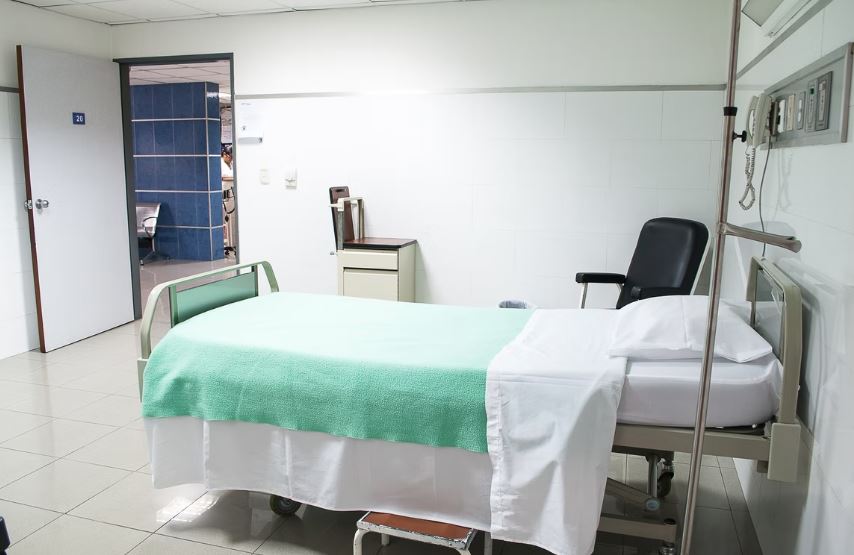DOCTORS at a Madrid hospital have identified a protein that could slow the onset of Alzheimer’s offering new hope of a cure for the disease.
The research led by Dr Estrella Morenas-Rodríguez studied individuals with a genetic predisposition to Alzheimer’s disease, and discovered the immune cells of the brain – the ‘microglia’ – start exerting a protective effect up to two decades before the first symptoms appear.
The successful study followed 155 volunteers with the genetic mutation that causes Alzheimer’s Disease (AD) and 93 healthy relatives over periods of between two and 15 years.
The healthy group possessed a much higher amount of the protein.
In light of their study data, the scientists consider modulating the activity of microglia to be a promising therapeutic approach. To this end, they aim to develop drugs that target a cellular receptor protein called TREM2.
An estimated 1.5 million people are living with Alzheimer’s in Spain (some 55 million worldwide according to WHO data).
READ MORE:
- Spain moves step closer to allowing pharmacies to dispense medical marijuana
- Spain’s Health Ministry denies report of first local cholera infection since 1979
- Spain’s Andalucia to maintain Covid-19 alert level 0 throughout the summer
Click here to read more Health News from The Olive Press.








